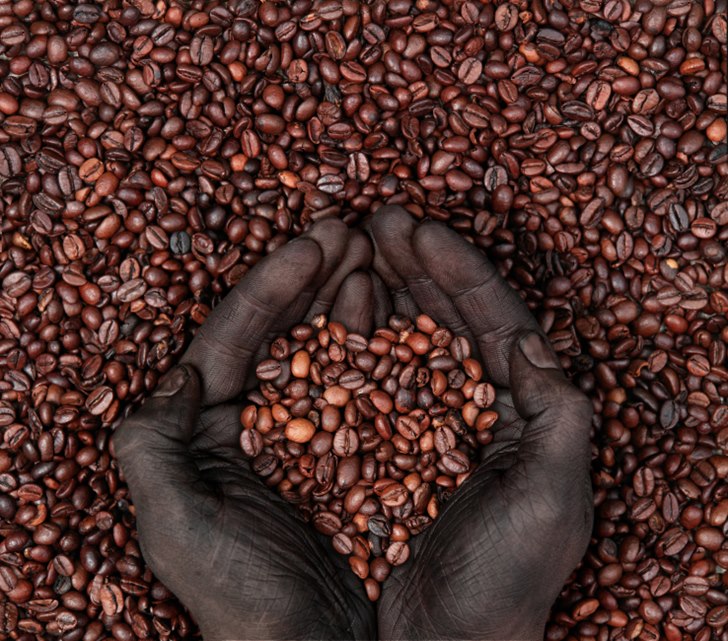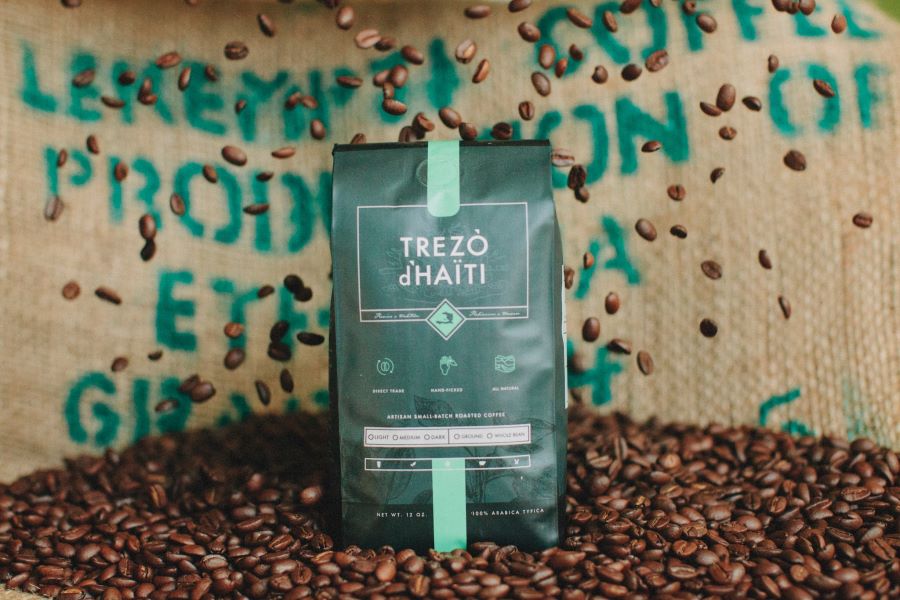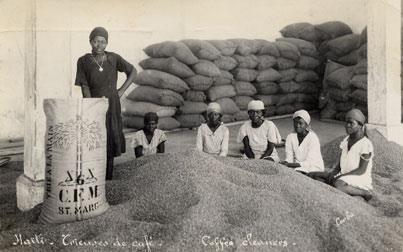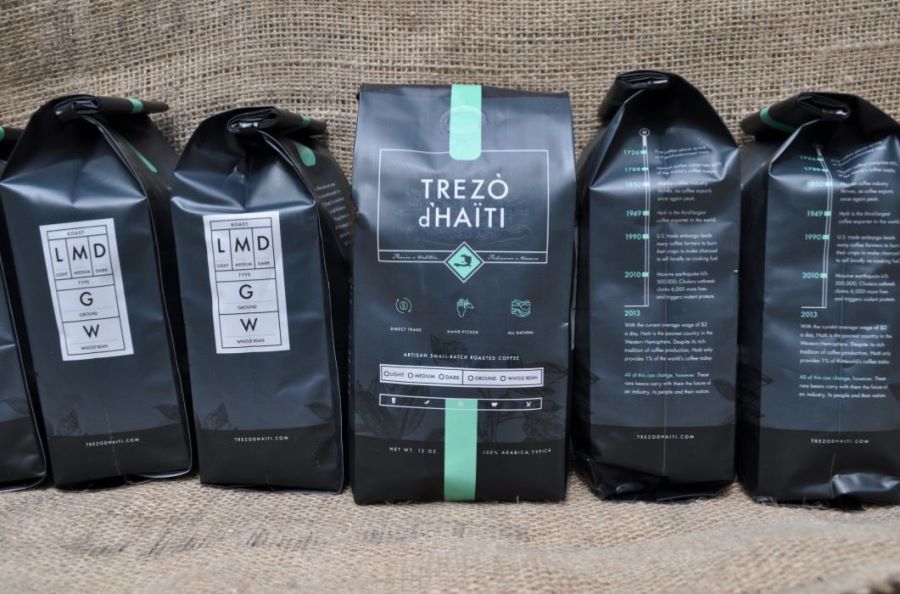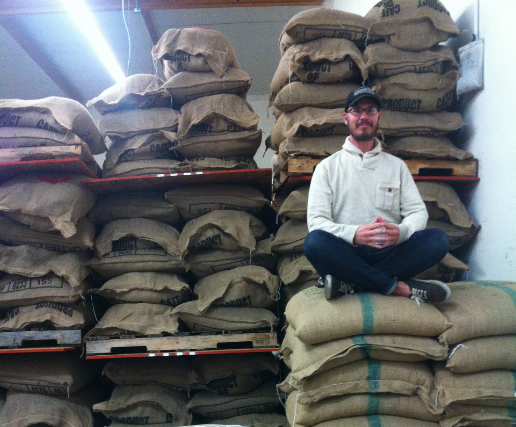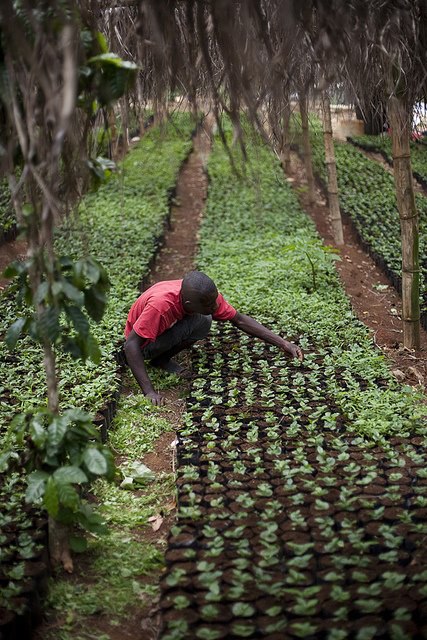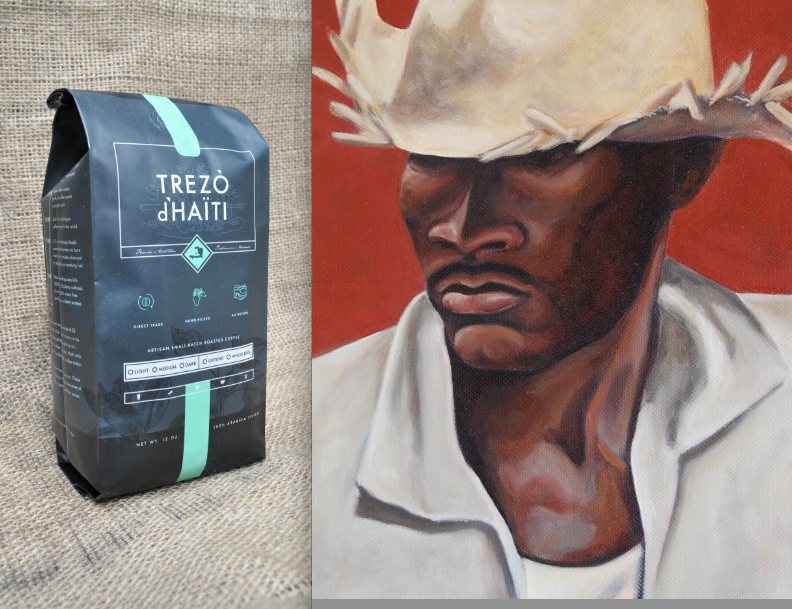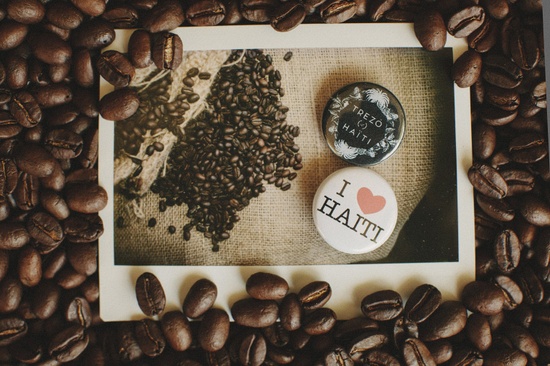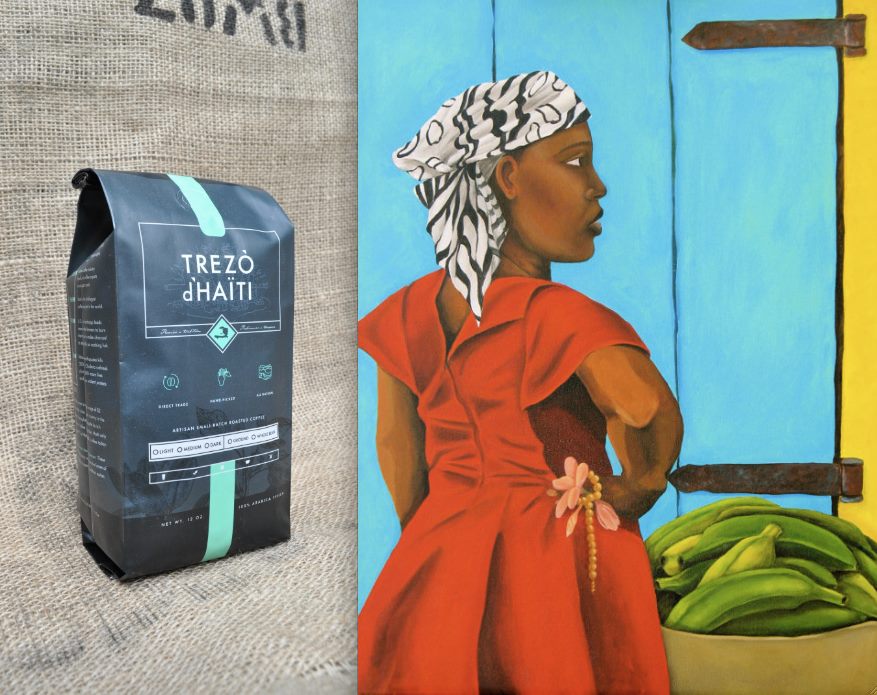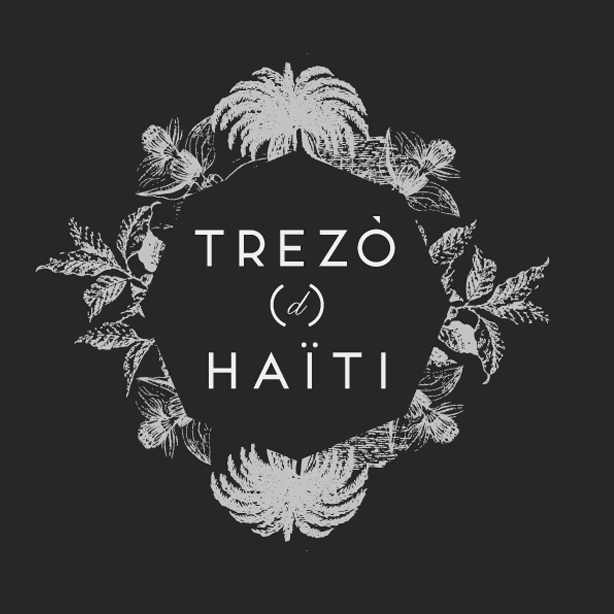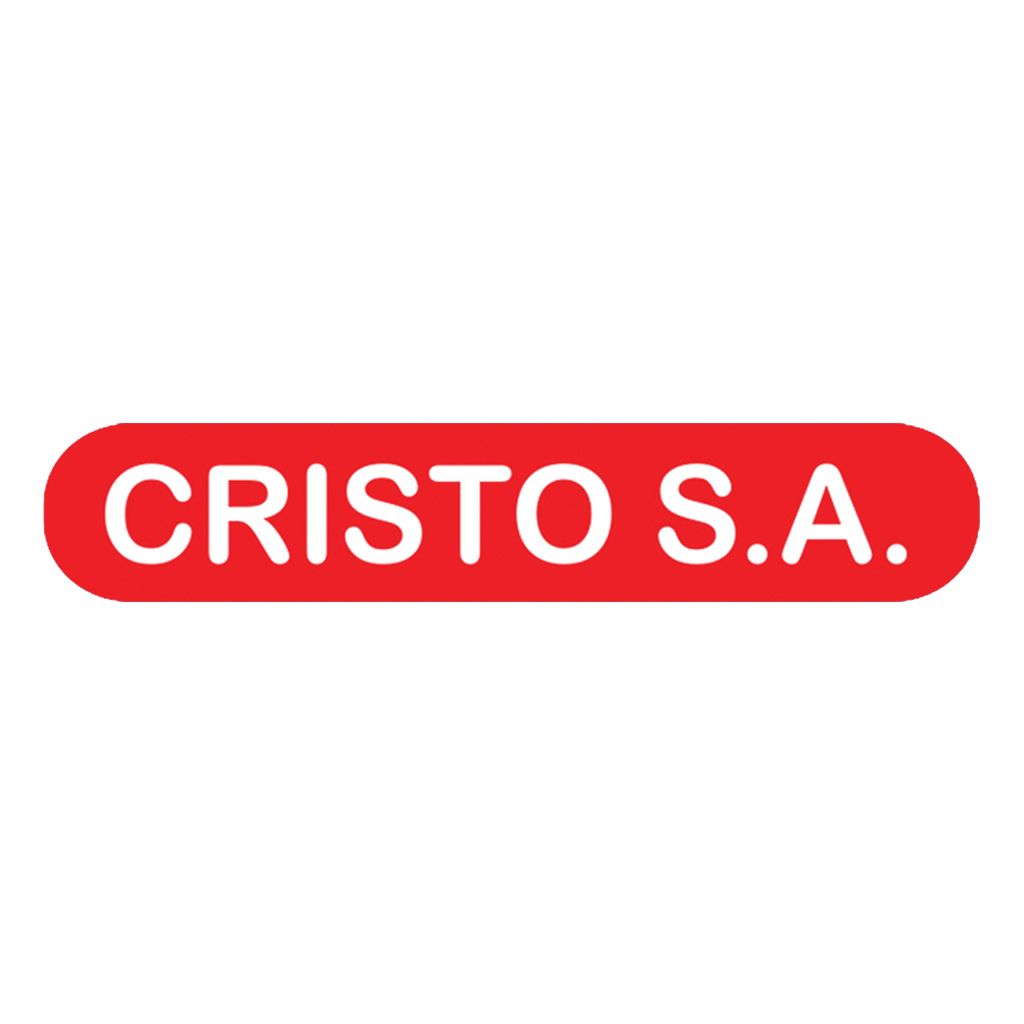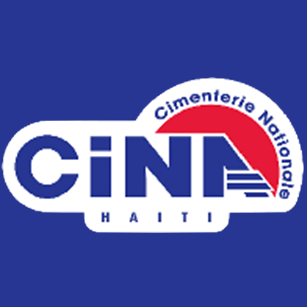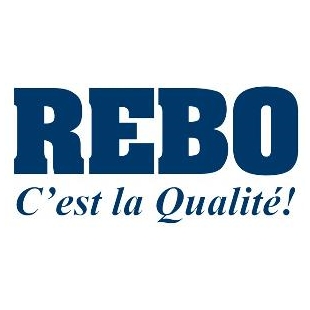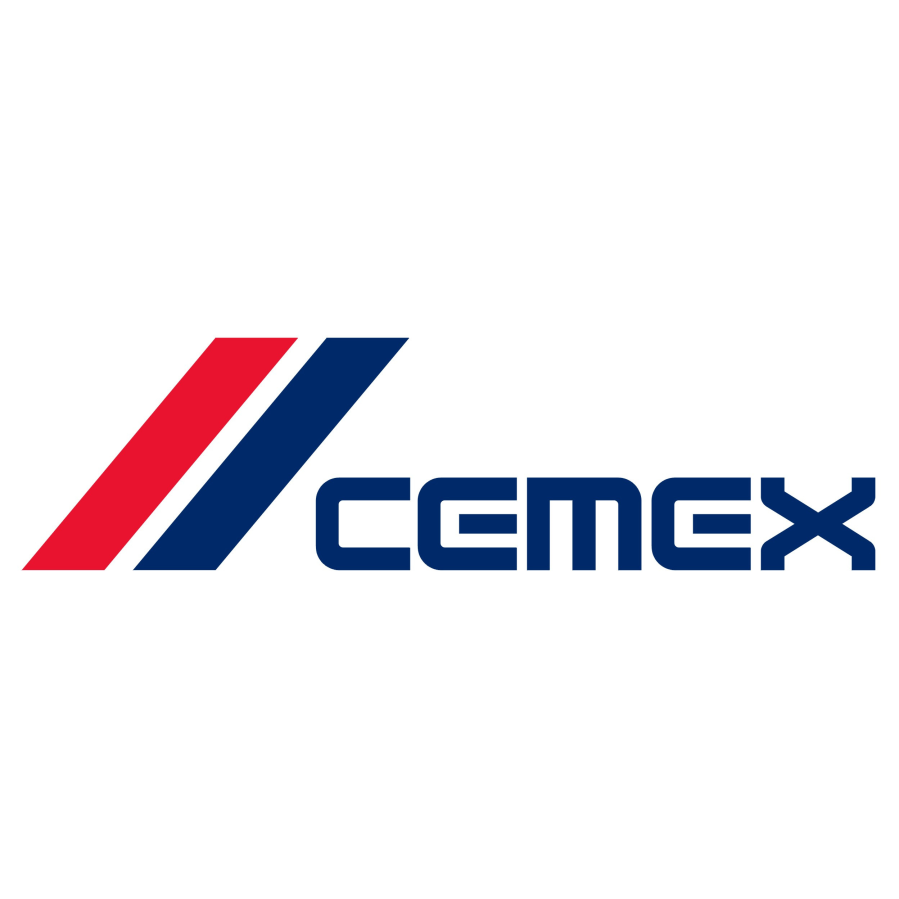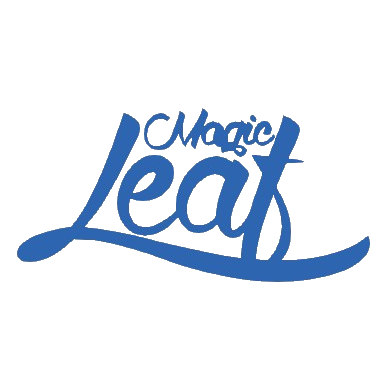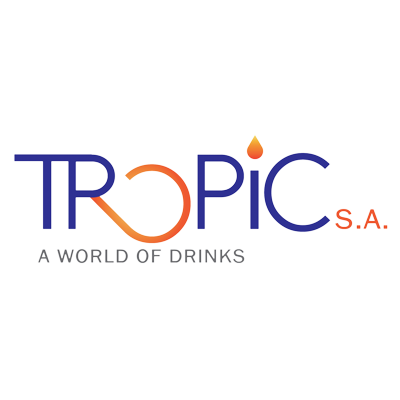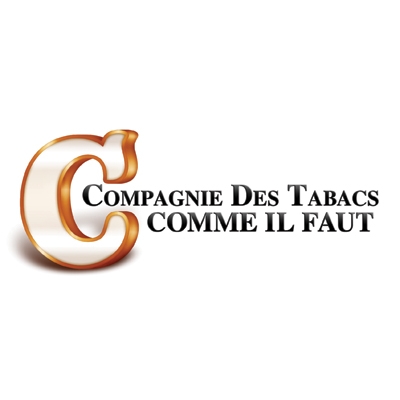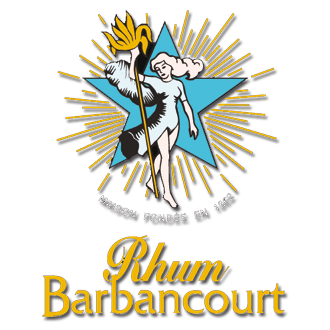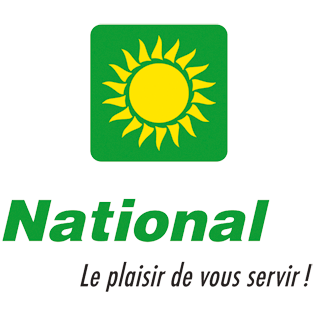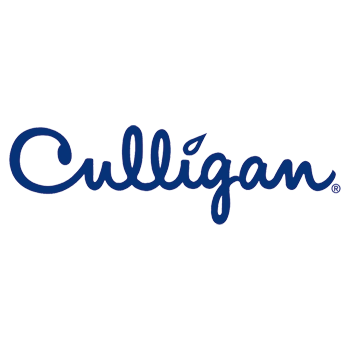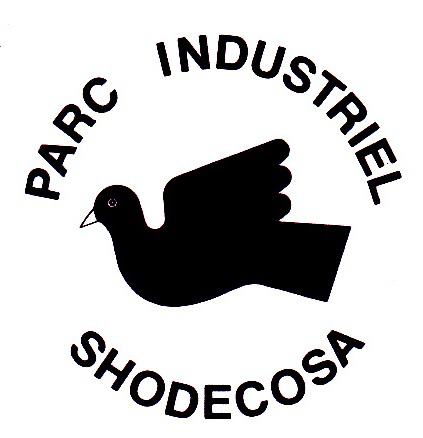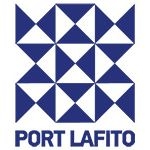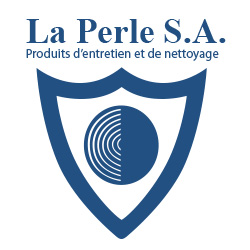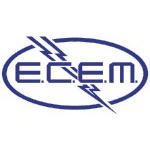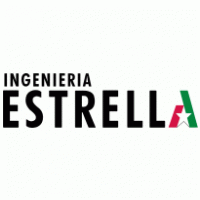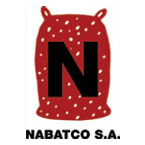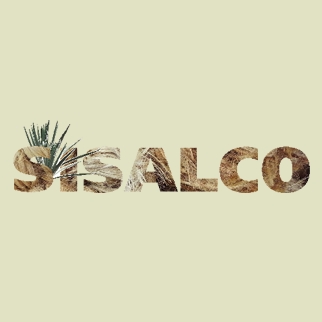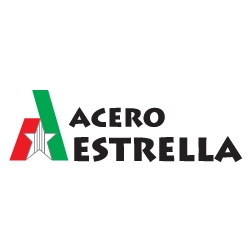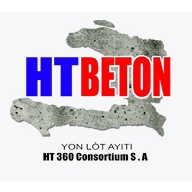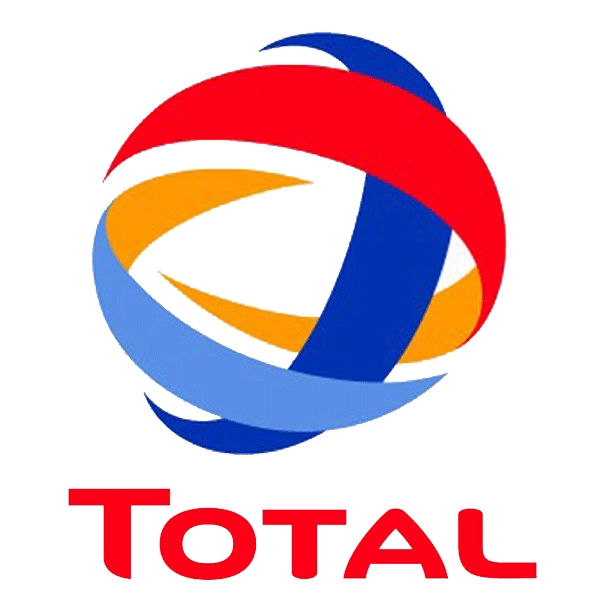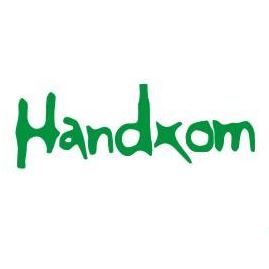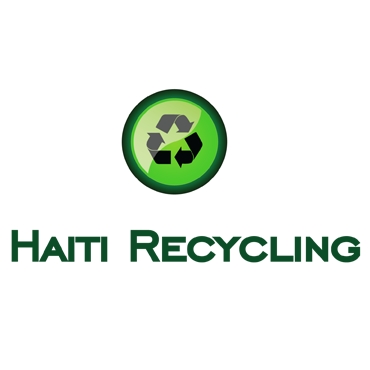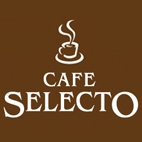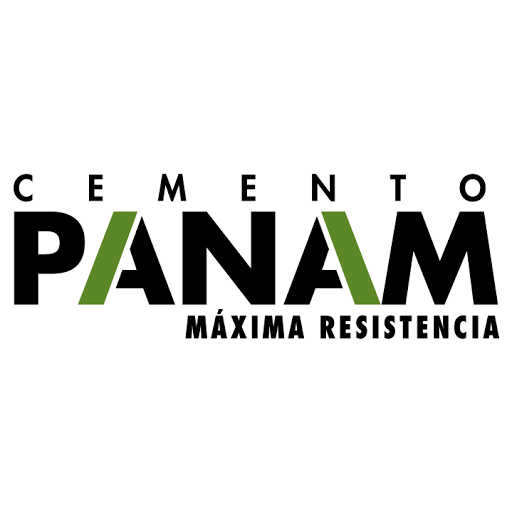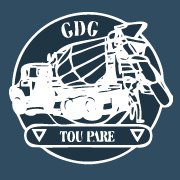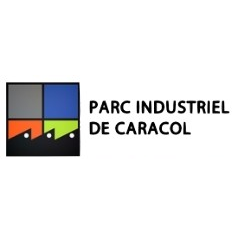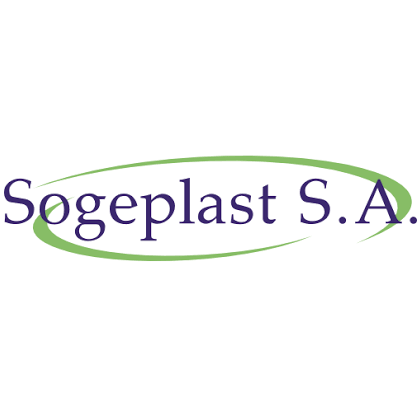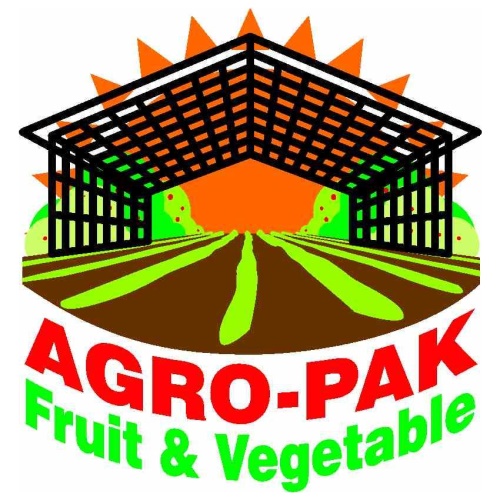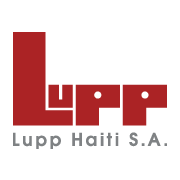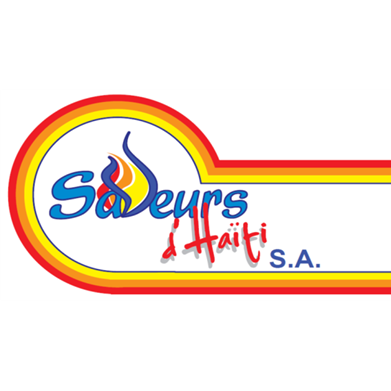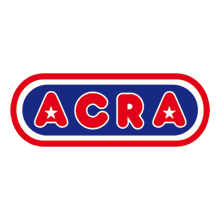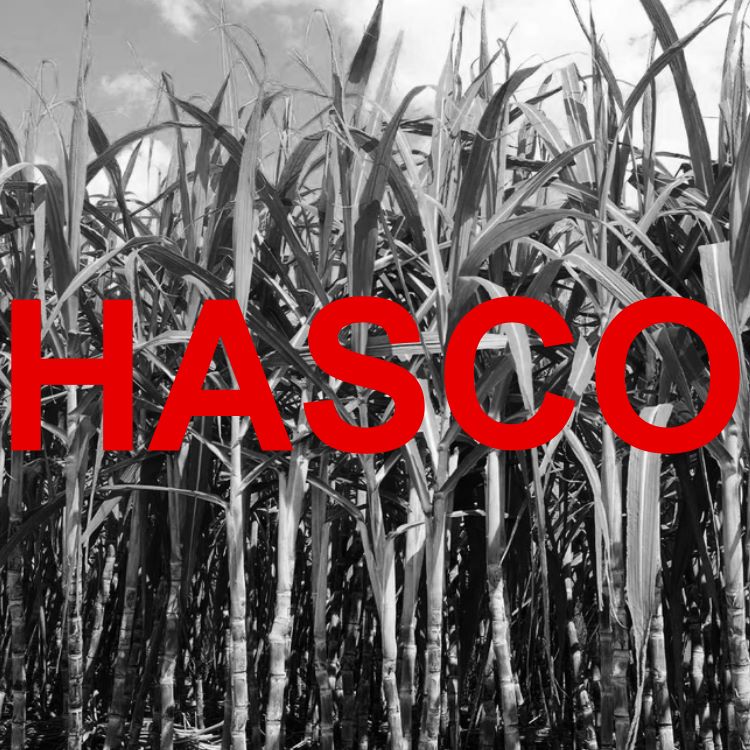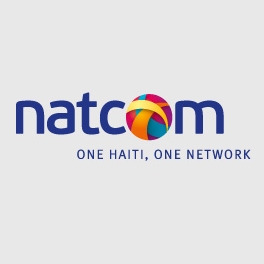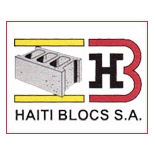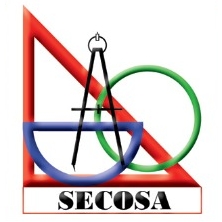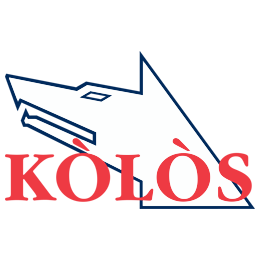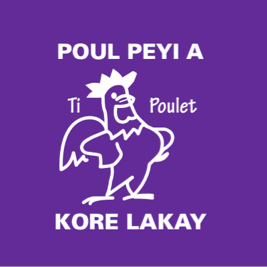“Men anpil, chay pa lou”

 |
 |
 |
|
Haitian coffee once comprised over 60% of the world’s coffee supply. Hailed by connoisseurs as being the world’s most “complete” coffee, today it makes up just 1%… |
Coffee was once the most lucrative industry in Haiti, a tradition built upon centuries of meticulous cultivation and generations of proud farmers… |
Despite a rich history of coffee production, today Haiti is the poorest nation in the Western Hemisphere – with the majority of Haitians living on less than $1/day… |
| Tweets by @TrezoDHaiti |
There was a story that was Haitian coffee – a story that went silent nearly 300 years ago. At Trezò d’Haïti, we are working to revive that once great story by reintroducing this renowned coffee…to the world, and to you.
Haitian coffee does not come easy. It is not mechanized. It is not hybridized. It is one man meticulously tending his plants with the same care and vigilance his father, and his father’s father practiced, clinging to the cultivation methods his ancestors used to build the once prosperous Haitian coffee industry.
It is a nation of men and women collectively trying to reverse decades of deforestation, economic hardship, embargoes, and political unrest – searching for the opportunity to share their treasured coffee with the rest of the world.
At Trezò d’Haïti, we want to see more than a thriving coffee sector, we want to see a thriving, flourishing people – the people of Haiti.

“MEN ANPIL, CHAY PA LOU”
“MANY HANDS MAKE THE LOAD LIGHTER”
![]()
History of Haitian Coffee

In the 1750’s, Haiti was the largest coffee producer in the world, supplying over half of the world’s cup. With a temperate climate, mountainous elevation and abundance of shade, the small Caribbean nation boasts superlative growing conditions for coffee.
The traditional Arabica Typica beans, grown semi-wild in the Haitian mountains, are rare and historical. These beans, the un-mutated offspring of the original coffee plants found in Ethiopia, are being replaced in other coffee-producing Caribbean countries by mutant hybrids. Soon, the true Typica beans will be limited to only several countries – Haiti being one of them.
Regrettably, Haiti’s production has declined since its peak in 1790. Crippled by decades of deforestation, political chaos and crises, coffee remained the leading agricultural export through the 1980s, representing as much as 18% of total exports in 1987. Unrelenting natural disasters, stringent embargoes and reckless leadership have continued to contribute to the demise of Haiti’s economic backbone. As it stands today, Haitian coffee comprises less than 1% of the world’s cup.
Despite having overcome immense poverty and unyielding obstacles, Haitian farmers have clung to the very same cultivation methods used to build a once thriving industry. In contrast to the highly-mechanized, mass-produced hybrid varieties of coffee, Haitian farmers have preserved the traditional Arabica Typica plant, effectively producing beans with a direct lineage to those first introduced by the French. The world’s best kept secret, every cup of Haitian coffee has been 300 years in the making.
1726
First coffee plants arrive in French-colonized Haiti
1788
Haitian coffee comprises 60% of the world’s coffee supply
1850
Haitian coffee industry thrives as coffee exports once again peak
1949
Haiti is the third largest coffee exporter in the world
1990’s
US trade embargo leads many coffee farmers to burn their crops to make charcoal to sell locally as cooking fuel
2010
Massive Earthquake kills 300,000; Cholera outbreak claims 6,000 more lives and triggers violent protests; Fugees’ rapper Wyclef Jean runs for president of Haiti
2013
With an average wage of $1 a day, Haiti is the poorest country in the western hemisphere, despite having one of the richest traditions of coffee production in the world. As a result of its difficult history, Haiti currently provides only 1% of the world’s coffee. However, all of this can change. These rare beans carry with them the future of an industry, its people and their nation.
The Growers

These are not nameless, faceless farmers. Each bag of Trezò d’Haïti represents a farmer, a family, and a story. Grown alongside food crops such as avocados and bananas, the coffee within these bags represents a cash crop with the potential to help growers provide themselves and their families with basic human necessities, such as food and clean water, in addition to improved homes, health care, and education. Each bag is a step in a farmer’s climb from poverty, the difference between staying alive and having the opportunity to truly live. Everyone has a story – now you have the opportunity to be a part of theirs.
How it's Made

Trezò d’Haïti works directly with Haitian farmers, ordinary men and women producing an extraordinary product amid overwhelming difficulty. On a small hillside plot, these men and women will cultivate their entire livelihood – the fruits and vegetables that will feed their families and the cash crop that could send their children to school.
The coffee plots themselves provide water infiltration, soil conservation, and natural mulch. As one of the few countries in the Western Hemisphere to have not mutated coffee production into rust resistant varieties, traditional agricultural practices and inputs have remained unchanged. Consequentially, most of Haiti’s production is genuinely organic, providing additional environmental benefits.
Grown under a natural shade canopy at high altitudes, the coffee ripens slowly, producing an evenly matured bean. The beans are harvested by hand, and immediately undergo a same-day “wet” fermentation process without the use of harmful chemicals or manure. The raw beans are then shipped directly to the roaster, where they are both roasted and packaged locally for maximum quality and freshness.
How we can help

The poorest country in the Western Hemisphere, 80% of Haitians live on less than $1 per day. Trezò d’Haïti isn’t about providing charity to poor farmers. Lump sums of money are beneficial to a fault, and do not provide the long-term aid Haitian citizens are desperately in need of. Human potential is actualized when we give others the opportunity to succeed, when we empower the powerless through renewed prospects and fresh avenues for advancement. Haitians may be impoverished, but they are not incapable. Trezò d’Haïti bridges the gap that has been isolating Haiti for the last 250 years, providing proud cultivators with the means to once again share their treasured commodity with the rest of the world. In addition to being an economically substantial and relatively non-perishable cash crop, coffee’s rural economy has the potential to generate gainful employment for an estimated 1 million Haitians.
In the 1970s, the focal point of Haiti’s reputation was the nation’s incredible coffee. Today, Haiti’s media attention is focused almost entirely on negativity – the earthquake that claimed 200,000 lives, the cholera outbreak that claimed several thousand more, and the millions living without food or clean water. To truly change this nation, we must begin by shifting the focus from the negativity of poverty to the positivity that lies within these rare beans. Haiti needs to experience not only a renewed source of revenue, but a resurgence of pride. Our vision goes beyond making Haitian coffee readily available to the world – we believe that revitalizing Haiti’s coffee industry can empower Haitian citizens themselves to make positive transformations within their community and their nation.
Coffee
Wholesale Information
At Trezò d’Haïti, employing a fair trade model means striving to maintain close personal relationships with our consumers as well as our growers. This model extends from grower relations, to our customers, and on to a wholesale level. Working alongside coffee shops, cafes, and restaurants, we aim to provide a phenomenal product with unparalleled customer service.
Wholesale pricing is available for retailers that wish to sell Trezò d’Haïti coffee in 12oz. bags as well as those establishments interested in serving our coffee. Our brand offers vendors the rare opportunity to provide their customers with a high-quality product that carries with it the power to enact change. For more information on wholesale pricing and quantities, contact us at jason@trezodhaiti.com.
The Vision
>> Mission
Trezò d’Haïti seeks to empower and inspire others – one farmer, one bean, one cup at a time.
Trezò d’Haïti uses an expanded fair trade model – our growers are partners, not suppliers. We strive to build long-term relationships with local growing communities, providing not only capital, but training and skill-building for our growers. The end result is an investment not simply in a product, but in genuine personal development for generations to come.
When an industry thrives, an economy thrives – and when an economy thrives, its people thrive. By renewing an industry that was once the backbone of a nation, we can begin to cultivate a sustainable business practice and source of pride for millions.
>> Goals
Rediscover a Treasure
Grown from direct descendants of the original Arabica Typica plant, first introduced to the island by the French 300 years ago, Haitian coffee has a rich, full taste uniquely its own. These beans are prized by coffee connoisseurs as producing a delicately crafted cup – bursting with a deep, dark toasted chocolate flavor – as well as for its robust, inviting aroma.
Revitalize a Tradition
Every bean in your cup of Trezò d’Haïti coffee is grown using generations-old growing techniques, resulting in coffee that is 100% hand-picked, natural, organic and unmodified. Haitian growers follow in the footsteps of their forefathers, utilizing delightfully primitive cultivation methods without the use of harmful chemicals or manure.
Rebuild a Nation
Haiti’s needs are profound. As one of the poorest and least developed nations in the world, citizens are left wanting for even the barest necessities in life. Modern forms of aid are undeniably beneficial, but serve as short-term fixes to a large scale concern. Only sustainable, long-term development driven by Haitians themselves can bring about real change. Trezò d’Haïti is committed to helping our growers become leaders in making that change.
Initiatives
Haitians are heirs to a rich and deep spiritual tradition – a tradition Trezò d’Haïti shares. We work to empower our growers spiritually as well as materially, through pastoral training, translation of works and even restoring the majesty of creation to Haiti through reforestation programs – returning a barren land to its natural glory.
Translation
Our next step, beyond fostering sustainability and restoring the Haitian coffee sector, is to take proceeds and attempt to tackle the theological famine that exists in Haiti by translating theological books into Creole. We will also have small seminars for the inductive bible study method.
Reforestation
Of the 2% remaining forest coverage in Haiti, half is represented by coffee farms. Plant a tree in the Haitian forest and you’ll be making a difference now and for generations to come. Just $10 plants a tree and directly helps Haitian farmers reclaim their deforested land.
>> Get Involved
Contact jason@trezodhaiti.com to learn about volunteer opportunities with Trezò d’Haïti!
| jason@trezodhaiti.com | |
| Address | Ouest, Port-au-Prince |
| Phone | 000 0000-0000,, |
| Fax |




